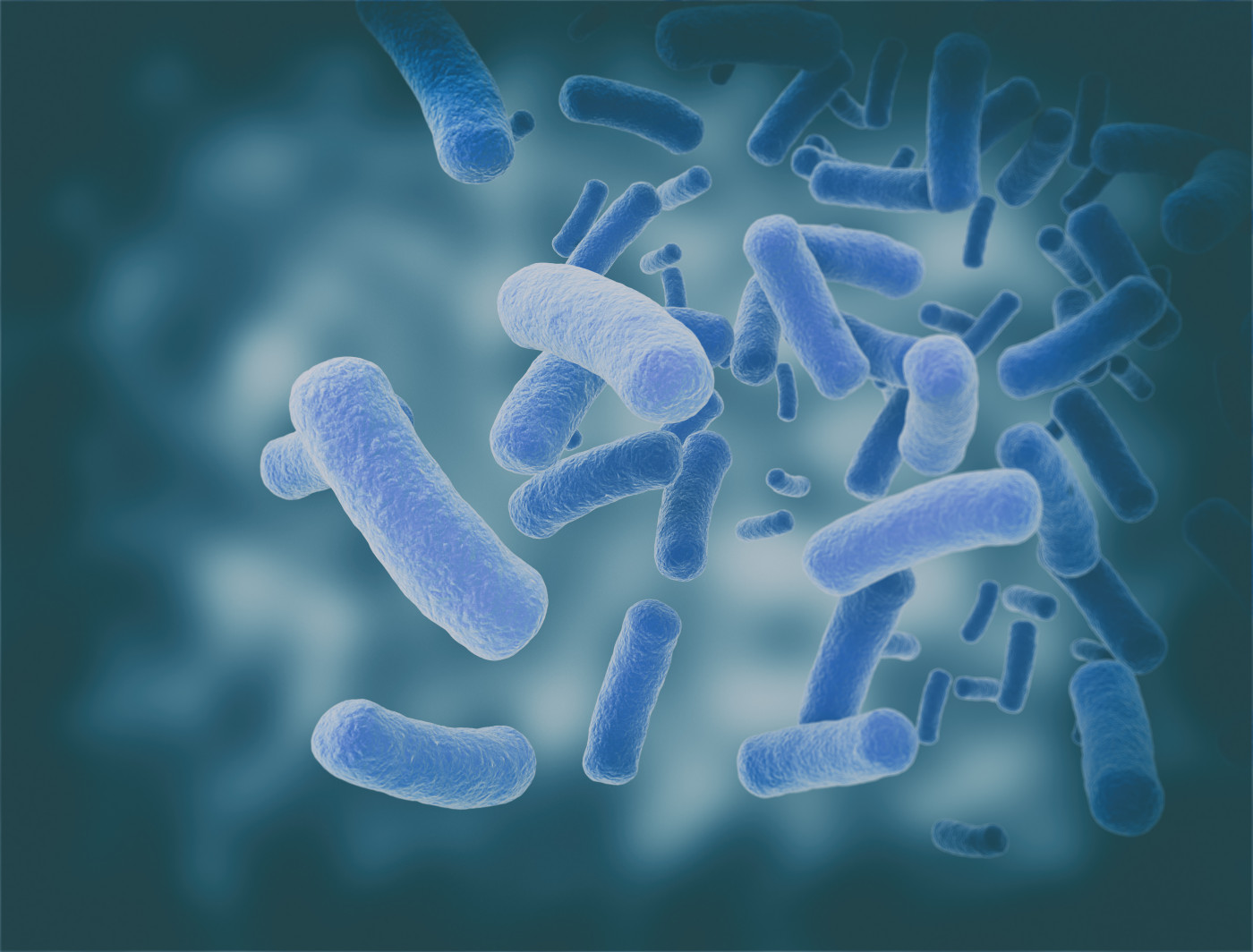Gut Microbiome Differences in PWS Children Possibly Linked With Their Overeating, Study Suggests
Written by |

The types and levels of bacteria and fungi in the gastrointestinal tract are different in children with Prader-Willi syndrome (PWS) compared with their peers without the syndrome, a study has found.
These differences may be linked to the excessive appetite seen in PWS, but this association needs to be confirmed by additional studies with a longer follow-up, scientists said.
Their study, “The Gut Microbiota Profile in Children with Prader-Willi Syndrome,” was published in the journal Genes.
PWS is caused by the deletion of paternal genes in chromosome 15, which control metabolism, appetite, growth, intellectual abilities, and social behavior.
The lack of these genes leads to an inability to control appetite and food intake. As a result, patients often overeat, get obese, and develop other complications such as heart disease, diabetes, and high blood pressure.
Recent studies linked PWS-associated obesity with alterations in the intestinal microbiome, the microbial community in the gut.
However, little is known about the composition of the gut microbiome in PWS patients, and its relationship with clinical features of the disorder, particularly excessive hunger and food intake (hyperphagia).
To investigate this possible connection, an international group of researchers collected and examined stool samples from 50 children — 25 with PWS (median age 6.2), and 25 participants without PWS who were matched for sex, age, and body mass index (BMI) and served as controls.
DNA sequencing and genetic analyses were used to determine which species of bacteria and fungi were present in stool samples.
In addition, the investigators gathered information on food intake, based on three-day records kept by their parents. The severity of hyperphagia in children with PWS was measured using scores on a specific questionnaire.
The scientists found no significant differences in overall diversity and composition of gut bacteria between PWS patients and controls, but did find different levels of 13 genera of bacteria (genera is one of the categories used to classify living organisms).
The team also found that certain communities of fungi had distinct representations in children from both groups.
Although most of these changes were not linked to differences in diet or food intake, hyperphagia severity was associated with fungal diversity and with the relative abundance of certain genera of bacteria and fungi, including Staphylococcus, Clostridium, SMB53, and Candida.
The researchers found the abundance of certain bacterial and fungal species differed in the PWS group between overweight or obese children and normal weight children.
“In conclusion, gut microbiota composition of patients with PWS differs from matched controls,” the researchers wrote. “Moreover, we identified several interesting links between gut microbes and hyperphagia in PWS.”
“However, further work that includes a time-series of samples over the course of the disease … is required for the evaluation of the role of gut microbiome in the modulation of hyperphagic symptoms in PWS,” they added.





